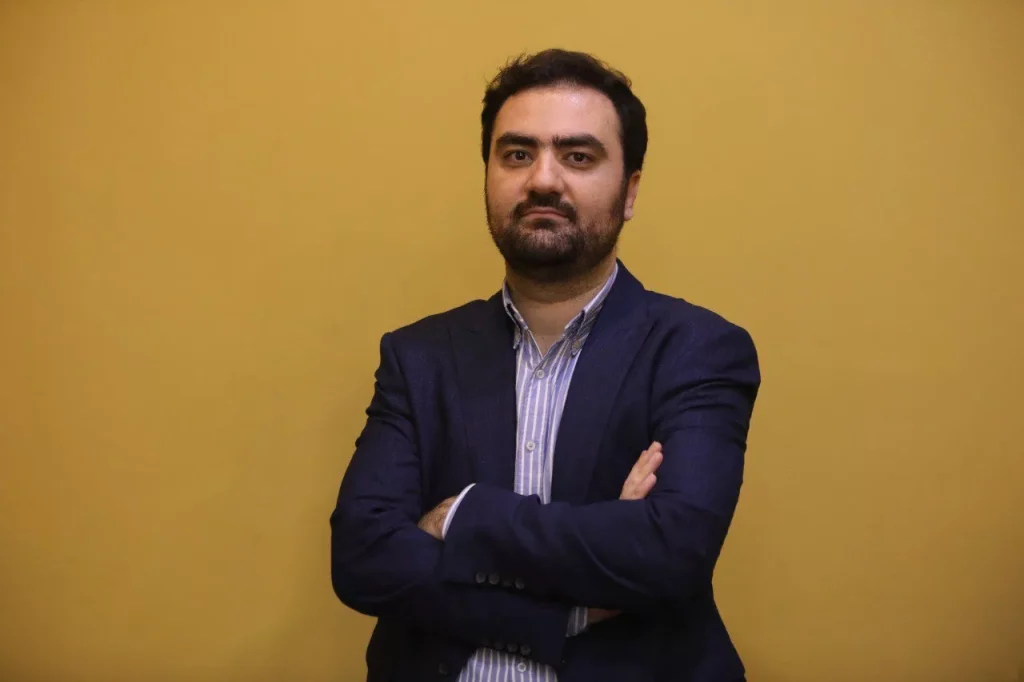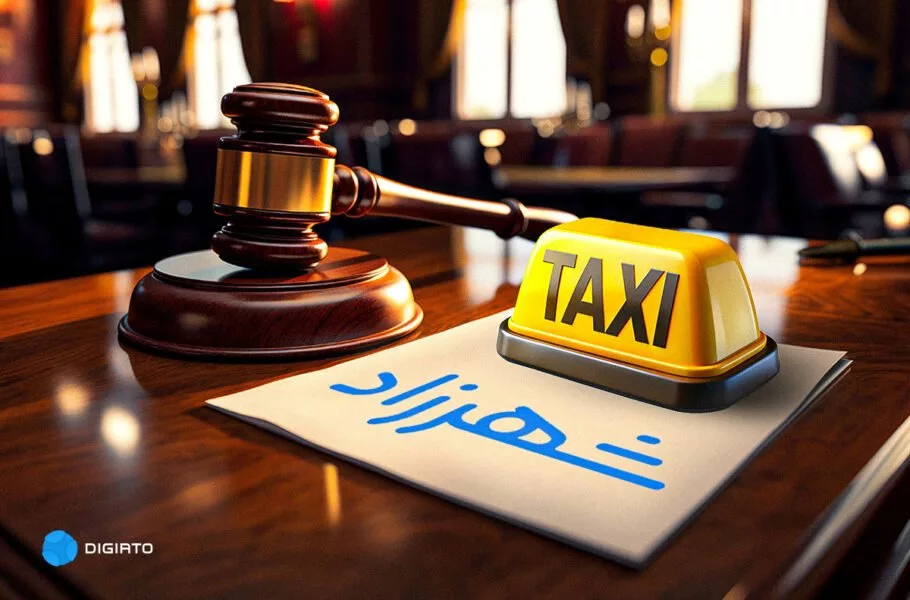Since the advent of online ride-hailing services, municipalities have sought to exert control over these platforms as overseers of traditional taxis. While such efforts seemed to wane after several disputes, the launch of the Shahrzad ride-hailing app reveals Tehran Municipality's continued ambitions in this sector. However, a critical question arises: does the law permit a public entity to operate in the competitive ride-hailing market?
Shahrzad's Position: Governance, Not Competition
Executives at Shahrzad claim their platform is not designed to compete with private companies. Instead, they emphasize its distinct advantages.
Ahmad Khorshidsavar, Shahrzad's CEO, explained: "Shahrzad is part of Tehran's urban management digitization mission. It aims to establish an official governance infrastructure for digital transportation, not to compete but to address issues like security, pricing, and oversight."
He highlighted Shahrzad’s unique features: "Only licensed taxis can operate on Shahrzad. Private vehicles are prohibited. This ensures drivers are pre-screened, trained, and legally monitored. Passenger safety and fleet transparency are guaranteed at a governmental level."
Licensing Concerns and Legal Ambiguities
A major controversy surrounding Shahrzad involves its licensing. Reza Olfat-Nasab, head of the Internet Business Association, recently stated on social media platform X that "transportation platforms must obtain licenses from the Virtual Business Union as per Trade Law and Ministry of Interior regulations."
Khorshidsavar countered by asserting that Shahrzad operates under Tehran Municipality, the Taxi Organization, and the City Council, following their legal directives. He dismissed the need for additional licensing from other entities. However, he did not clarify how an oversight body like the Taxi Organization can also act as a market participant.
Legal Experts Call for Presidential Oversight
Mohammad Mehdi Jafarian, CEO of the Center for Development and Competition Studies, analyzed these issues through the lens of the Knowledge-Based Growth Law and its connection to the Competition Council. Jafarian pointed out that Article 10, Clause P of the law prohibits government entities from competing with private firms. The Steering Council for Technology and Knowledge-Based Production under the Presidential Scientific and Technology Office is responsible for addressing such conflicts.

Jafarian said: "The council should intervene and provide an opinion on whether Shahrzad's operations align with these legal frameworks." He added that any competition confirmed by the council must be halted immediately.
Unequal Privileges Raise Concerns
Jafarian also highlighted concerns about unfair advantages granted to government-affiliated companies. He noted that reports of unequal privileges could violate Policy Article 44 and related laws. Specifically, Article 8 forbids granting competitive privileges to public institutions, while Article 52 prohibits discriminatory practices that disrupt competition.
He explained: "Concerns have emerged that this decision may involve privileges like exclusive access to traffic schemes or preferential vehicle sales for drivers." Jafarian emphasized that licensing disputes must follow established national portals. Any procedural shortcuts bypassing these protocols could be subject to investigation.
Lessons From Past Failures
Shahrzad's launch has drawn comparisons to "Carpino," an online taxi platform introduced by Tehran’s Taxi Organization in 2016. Carpino struggled to compete with private players like Snapp and Tapsi, exiting the market in 2020.
Responding to these comparisons, Khorshidsavar stated: "Comparing Shahrzad to Carpino is an analytical error. Carpino was an outsourced project without governance infrastructure or a clear mission. Shahrzad is part of Tehran’s urban management digitization mission."
He emphasized: "Shahrzad aims to be the first smart governance link for urban travel. It represents a new architecture for order, justice, and security in Tehran’s digital transportation system."
Whether Shahrzad will succeed in addressing Tehran’s transportation challenges or meet the same fate as previous municipal initiatives like Bidood or Carpino remains to be seen. Many citizens are watching closely.











